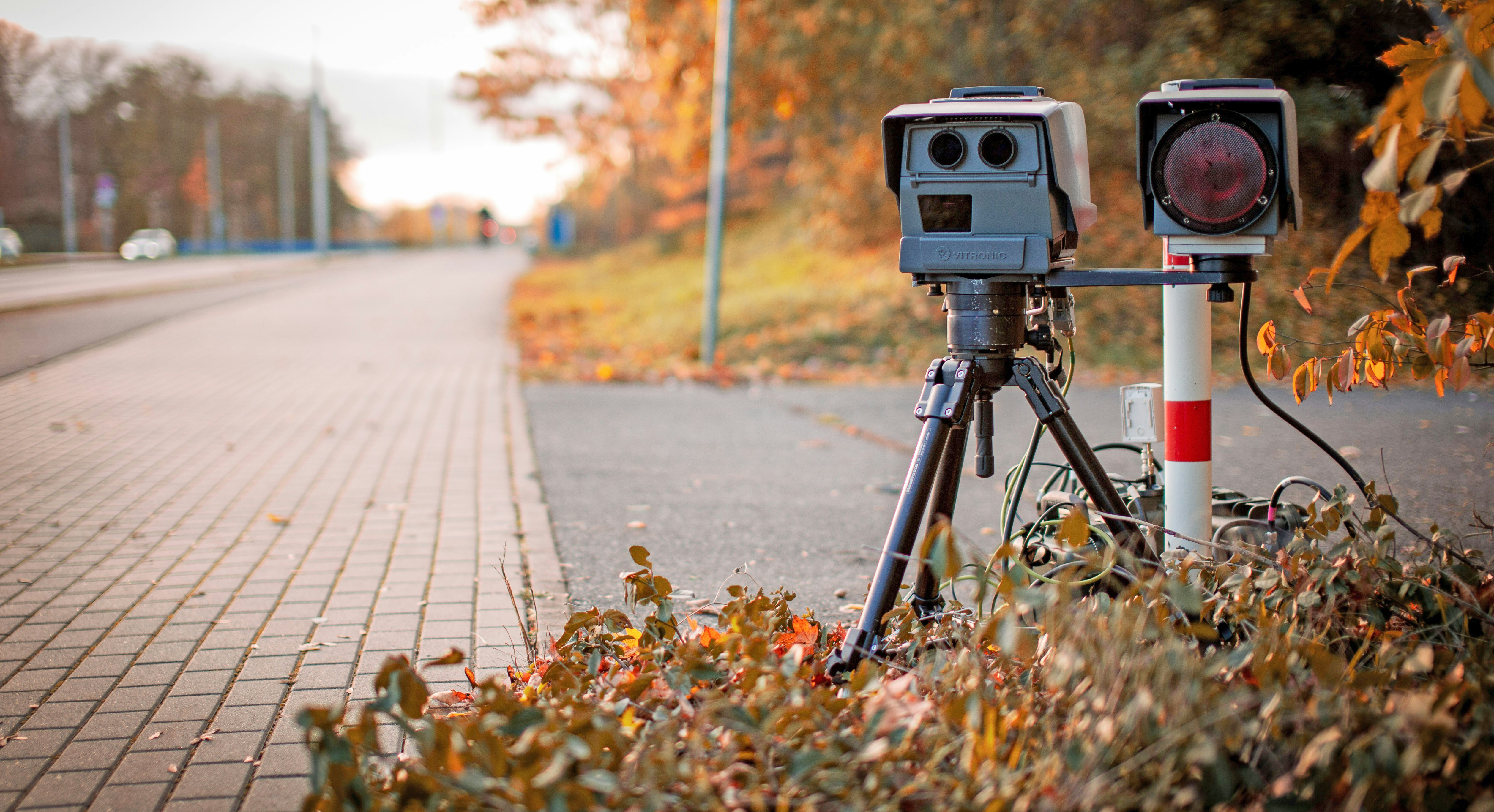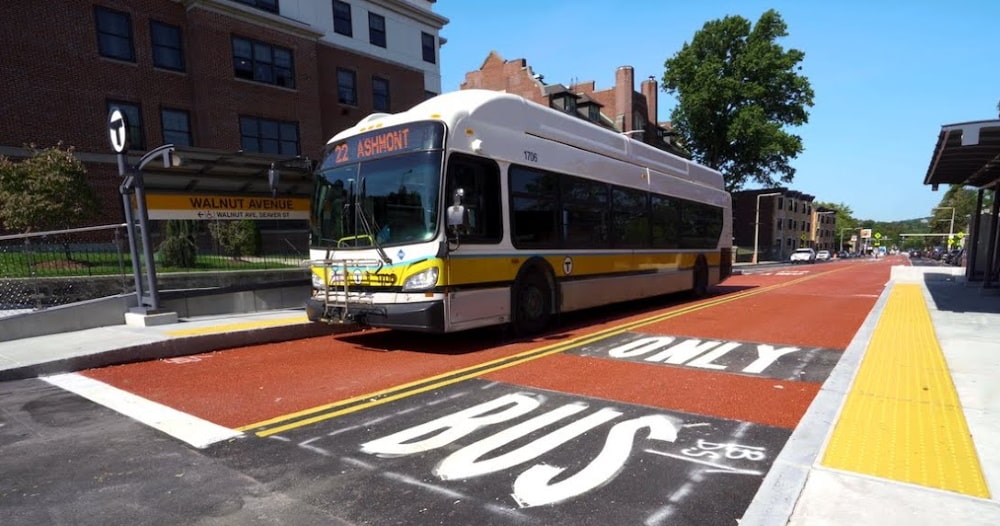TallIsGood
Active Member
- Joined
- May 30, 2006
- Messages
- 539
- Reaction score
- 129
Fallacy?This statement is a perfect example of the slippery slope fallacy. This would be a perfect example to use in a logic textbook.
Chicago is using it to raise funds (not enforce laws) https://www.illinoispolicy.org/chic...speed-limit-more-cameras-after-28m-fine-drop/
Washington D.C. and Chicago, which have come to rely on cameras to plug holes in the general revenue stream.
He even argues that camera revenue may itself create a perverse incentive to keep designing dangerous roads — and keep fining drivers who may not even know they’re exceeding a limit that’s set far lower than the design of the road suggests.

Is Automated Enforcement Making U.S. Cities Safer or Just Raising Revenue? — Streetsblog USA
Cities should treat automated enforcement as a temporary tool as they build out holistically safe places. We can't punish our way to safe streets.
 usa.streetsblog.org
usa.streetsblog.org
So the fines are used to raise money. Don’t have the intended effect of safer streets (because fines aren’t immediate) and cities have perverse incentives to design streets for revenue with lower limits than streets appear designed for.


